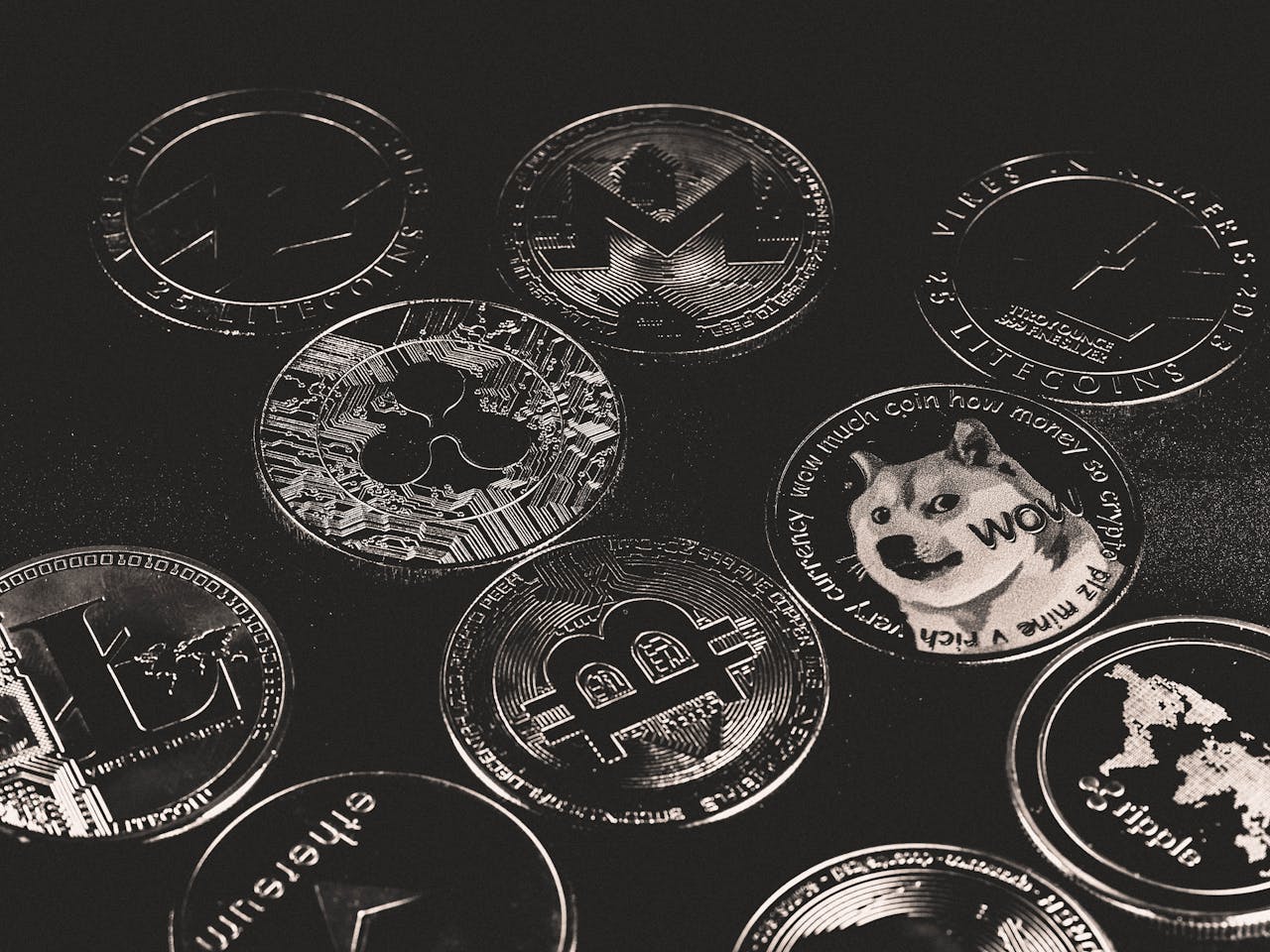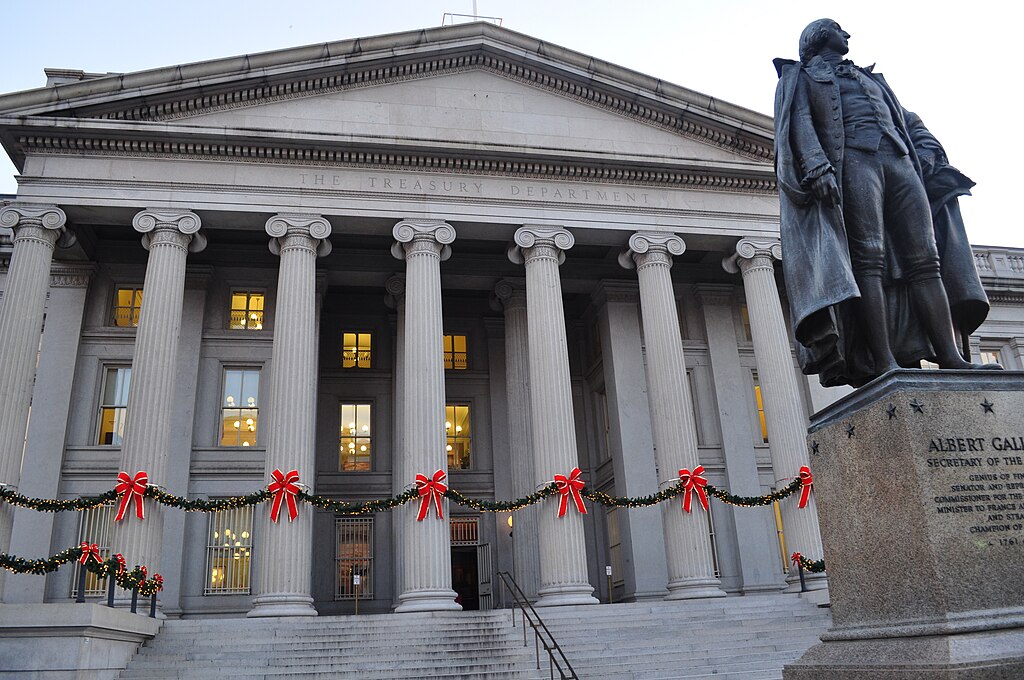The long-anticipated U.S. crypto market bill is finally gaining traction in the Senate, signaling that federal digital asset regulations may be closer than ever. Senate Banking Committee Chair Tim Scott said this week that both the Senate Banking and Agriculture Committees are preparing to mark up the legislation next month, a crucial step before a full Senate vote. Scott criticized Senate Democrats for months of delays, noting that the dual-committee process has taken far longer than expected. Still, he emphasized that formal votes are now “in sight” and that the bill could advance early next year.
Journalist Eleanor Terrett echoed those expectations, reporting that both committees aim to vote next month and that the full Senate may consider the bill shortly after. She added that the upcoming version of the crypto market bill will be bipartisan, addressing earlier concerns that previous drafts leaned too heavily Republican. A bipartisan framework is seen as essential for ensuring the legislation reaches the President’s desk.
Scott previously vowed to move the bill by the end of September but missed the deadline, blaming Democratic reluctance to grant former President Trump what he described as a potential “win” on crypto policy. The renewed push follows the release of a bipartisan draft on November 10 outlining how the CFTC would regulate digital commodities, marking a significant step toward clarity in U.S. crypto oversight.
Industry leaders have welcomed the progress. Coinbase CEO Brian Armstrong recently said Congress has made major strides and could pass the legislation as early as December. His comments align with those of Senator John Boozman, who stated that the Agriculture Committee plans a December markup and highlighted a “bipartisan urgency” to establish clear digital asset rules.
With the House already passing the CLARITY Act earlier this year, the Senate is fine-tuning its companion bill. One of the most critical components under review is a new classification system that would help determine which crypto assets fall outside securities laws—a longstanding point of confusion for both the industry and regulators.
As momentum grows, lawmakers and the crypto sector alike are watching closely to see whether this legislative push finally delivers the regulatory clarity the U.S. digital asset market has been waiting for.



























Comment 0